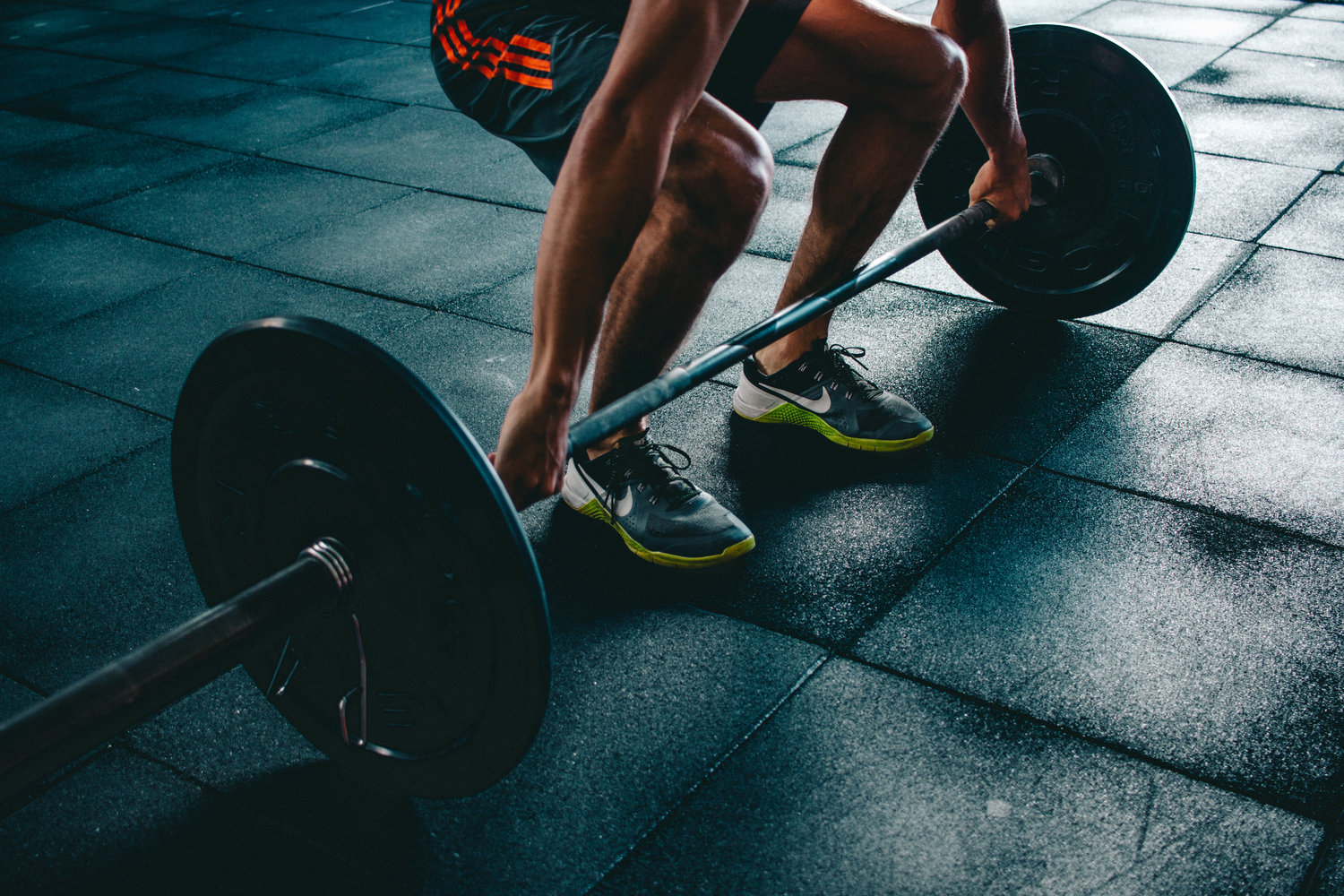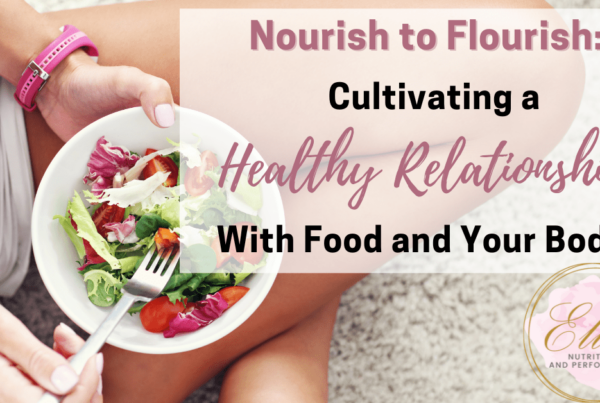Ways to Boost your Testosterone
Here are some tips for naturally boosting your testosterone with just a few simple lifestyle changes:
1. Sleep
Sleep is an extremely underrated, but critically important health habit. Not sleeping enough can not only decrease your testosterone, it can throw off many other important hormones. One study found that sleeping less than 5 hours a night could decrease testosterone by 15%.
For healthy testosterone levels, aim to get between 7-9 hours of sleep per night. The best way to get enough sleep is to be consistent. Go to bed and wake up around the same time every day.
2. Avoid under training + overeating
Exercise is one of the best ways to increase testosterone. People who exercise regularly have higher testosterone levels. Resistance training and high-intensity interval training seem to be the most effective ways to increase levels of this critical hormone.
Overeating can be harmful to testosterone levels as well. Consuming too many calories leads to fat gain, which can decrease testosterone levels.
To improve testosterone, aim to exercise a minimum of 30 minutes 5 days a week. This can be as simple as starting a walking routine, anything to get your body moving. Additionally, keep your calorie intake in check. Avoid mindless eating and learn to tap into your hunger/fullness signals to know when you have had enough.
3. Avoid overtraining + undereating
Although exercise is beneficial for boosting testosterone, you can overdo it. Exercising too much and not eating enough to support your physical activity can increase stress hormones in the body that throw off testosterone. When cortisol increases, testosterone decreases.
In a study on cyclists after an intense event, the activity of testosterone-producing glands was significantly suppressed. Although this was a one-time event, consistent intense training, can suppress testosterone production.
If you are training for an event, make sure you have appropriate rest days in place. Also, make sure you are eating enough to support your level of physical activity.
4. Consume adequate fat
Fats are responsible for absorbing nutrients, producing hormones, providing your body energy and supporting cell growth. Eating adequate fat is important for maintaining healthy hormone levels, including testosterone. Aim to eat around 30% of your calories from healthy sources of fat. Monounsaturated and polyunsaturated fats are the best choice. This includes foods like olive oil, nuts, seeds, avocados, fish, and olives.
5. Monitor intake of vitamin D, zinc, and magnesium
Certain vitamins and minerals play a role in maintaining healthy testosterone levels. Vitamin D is a hormone-like vitamin that may naturally improve testosterone when used as a dietary supplement. Zinc and magnesium are critical minerals that also play a role in maintaining healthy testosterone levels.
I recommend aiming to consume your vitamins and minerals from food first, before relying on supplements. However, vitamin D is found in limited food sources, and because sun exposure is a primary source of vitamin D, areas of the country that don’t see as much (if any) sun could be at a greater risk of deficiency. Recommended intake of vitamin D for both men and women is at least 600 IU/day.
Zinc and magnesium are more prevalent in food sources than vitamin D. Food sources of zinc include seafood such as oysters and crab, red meat, poultry, eggs, yogurt, legumes, nuts, and seeds. Food sources of magnesium include nuts such as almonds and cashews, quinoa, black beans, avocado, edamame, and green leafy vegetables.
Source link








